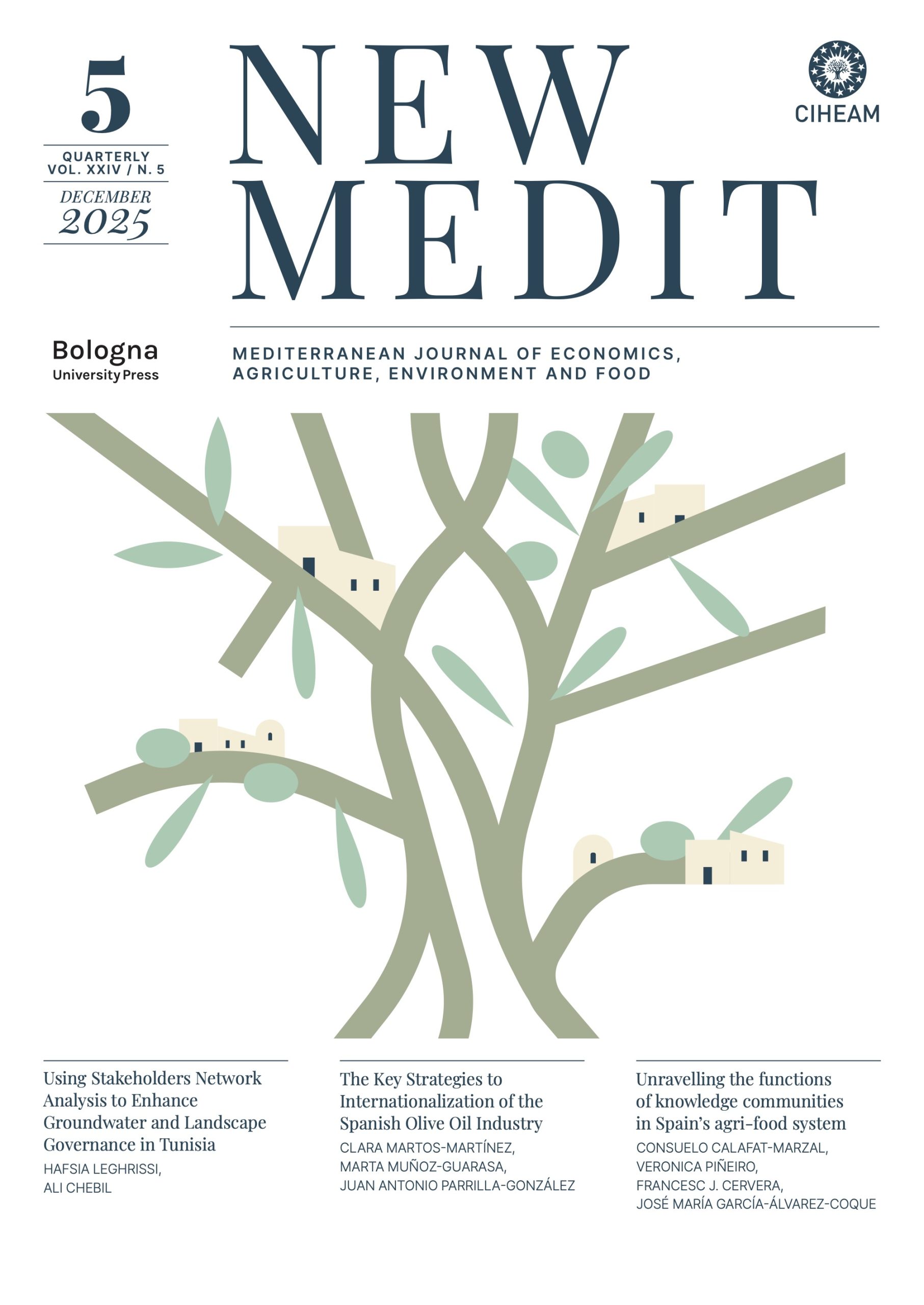This study aims to assess Tunisian consumers’ adherence to the Mediterranean diet (MD) and identify socioeconomic factors influencing this adherence. A national survey involving 400 individuals is performed and data are analyzed. The results of the Mediterranean Diet Adherence Screener (MEDAS) score calculation allowed the classification of consumers into three groups: moderate adherence group ( 65.5% of the total population), high adherence (5.8%) and low adherence group (28.7% ). The Probit model results showed that individuals with high adherence to the Mediterranean diet primarily consume olive oil , fruits, legumes, and fish and that Income and socio Professional category ( SPC) are negatively associated with low adherence. In addition, a higher adherence was observed in southern regions compared to northern regions.
These findings highlight the need for targeted promotion and marketing strategies to raise awareness of the Mediterranean diet’s benefits and the health risks associated with modern diets.











